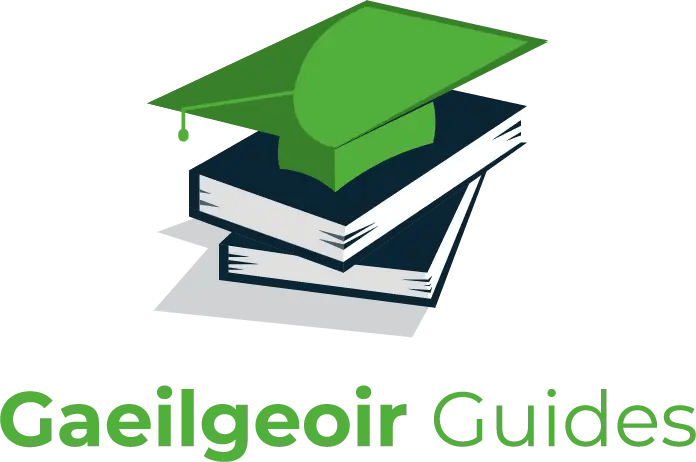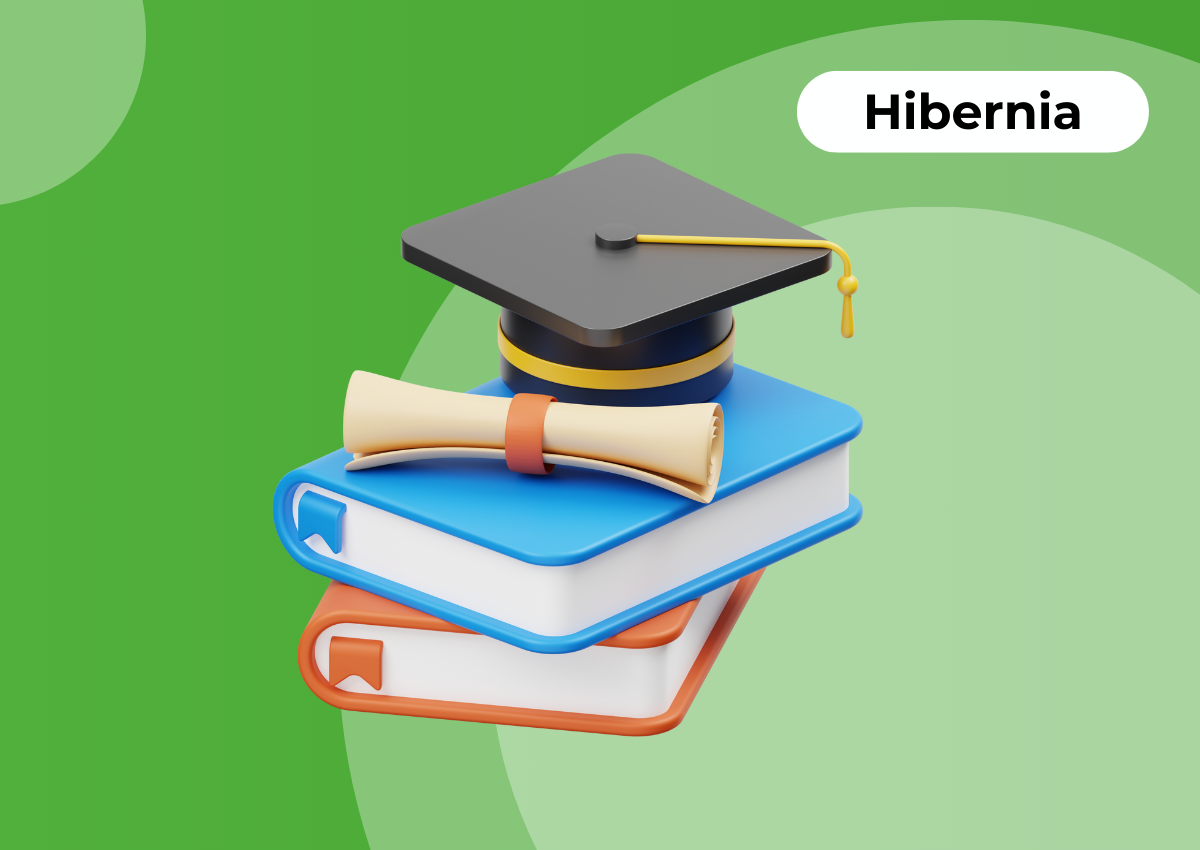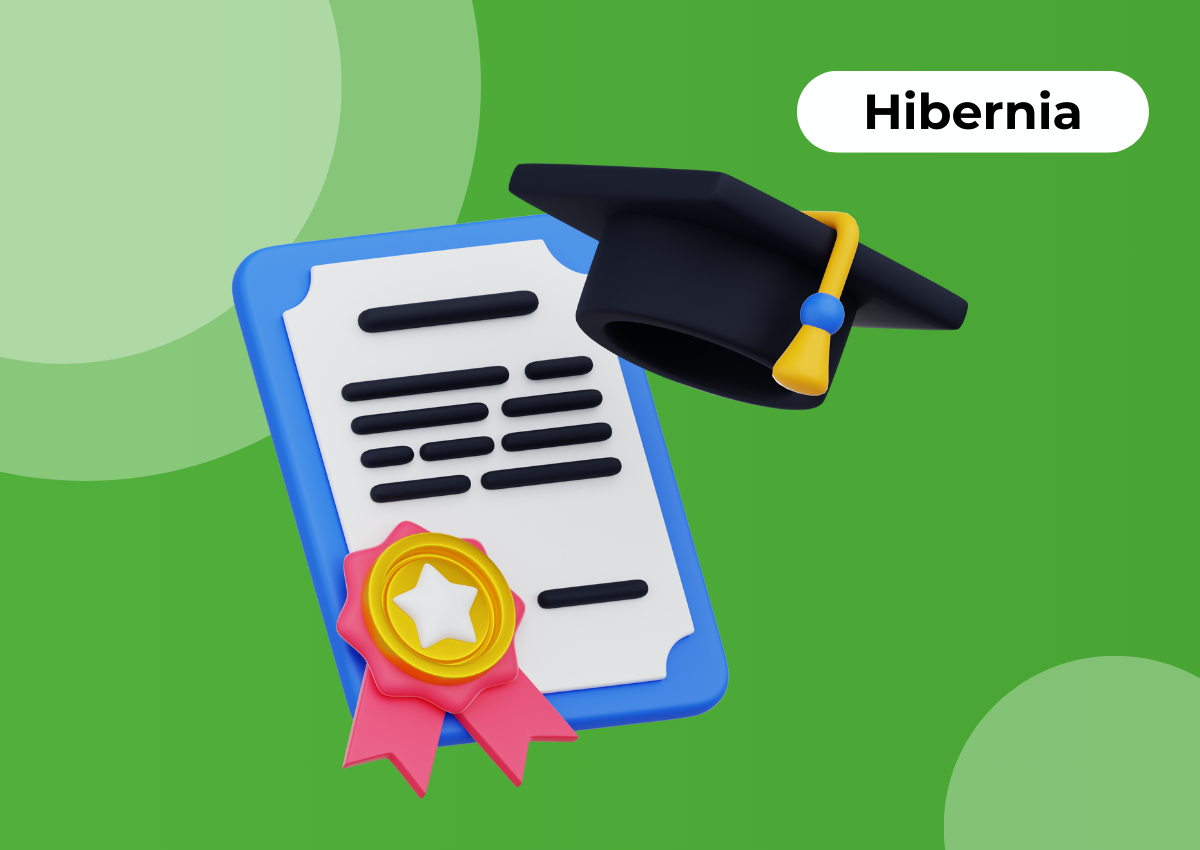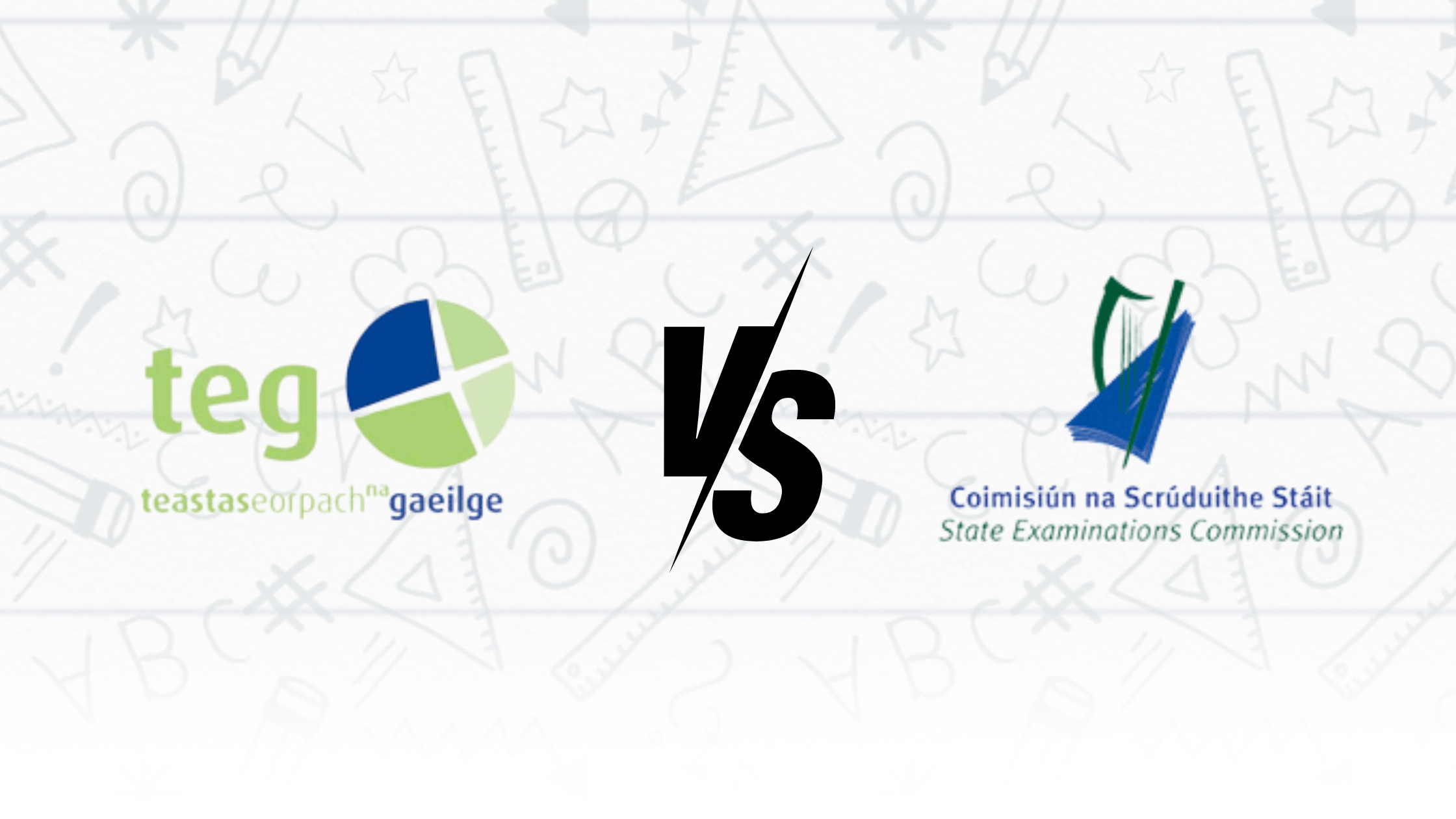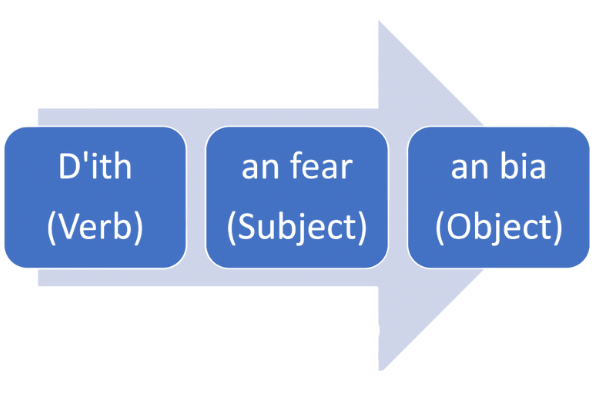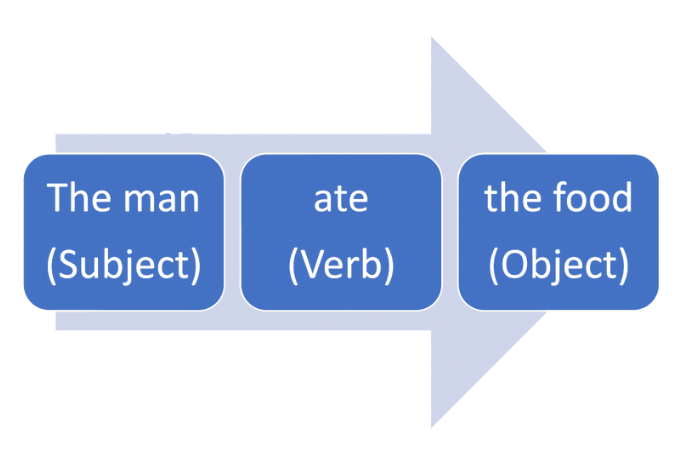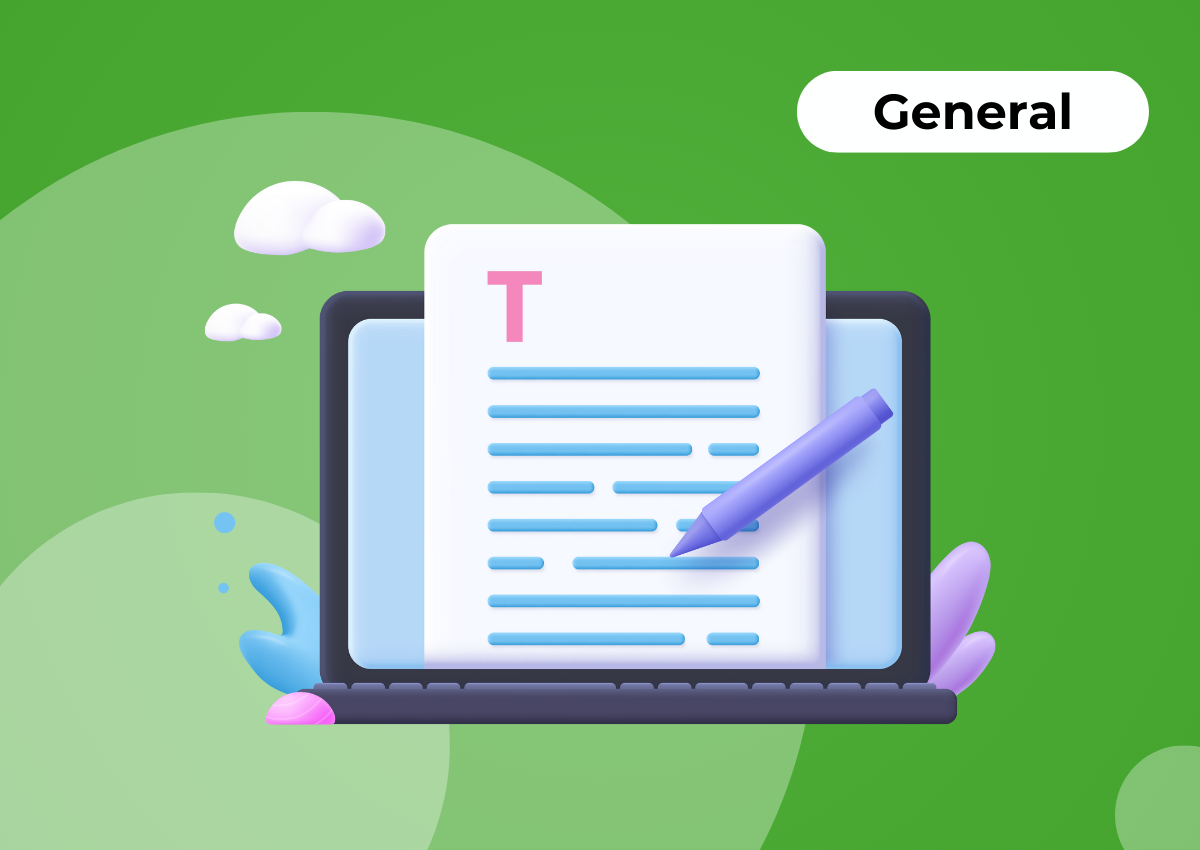If you’re applying for the Professional Master of Education in Primary Education (PMEP) at Hibernia College, you’ll need to pass a key interview as part of the admissions process. This interview tests your suitability to teaching and, importantly, your proficiency in the Irish language (Gaeilge). It’s a competitive process, so preparation is essential to ensure you stand out.
In this guide, we’ll cover everything you need to know about the Hibernia College Irish Interview, including how to prepare, what to expect, and practical tips for success.
What is the Hibernia College Irish Interview?
The Hibernia College Irish Interview is a crucial part of the selection process for the PMEP at Hibernia College. It assesses your ability to communicate in Irish, which is vital for teaching in primary schools since Irish is a core subject in the curriculum.
The interview takes place on the same day as the general teaching interview, but you’ll be given the option to choose whether to do the Irish interview first or second.
Pro Tip: We recommend applicants choose to do the Irish component of the interview first. Since the examiner won’t know anything about you yet, this helps avoid the risk of them diving into topics you may have already discussed during the English interview.
Structure of the Hibernia College Irish Interview
The Irish portion of the interview lasts about 10-12 minutes and is conducted by an examiner who will ask you questions in Irish. You will be evaluated on several key areas:
- Communication Skills – How well you can express yourself in Irish.
- Fluency – Your ability to speak naturally and continuously.
- Vocabulary – The range of words you use and how appropriate they are.
- Comprehension – How well you understand the examiner’s questions.
- Accuracy – The correctness of your grammar and pronunciation.
The interview is designed to assess whether you can teach Irish in a classroom or if you have the potential to improve your skills to that level during the PMEP.
What Level of Irish is Required?
While you don’t need to be perfectly fluent, the interviewers will expect you to have a strong command of the Irish language. You should be able to engage in a fluid conversation on various topics and respond accurately to questions. This includes demonstrating:
- Clear and confident communication.
- Accurate use of grammar and pronunciation.
- A good understanding of common vocabulary and conversational phrases.
Remember, Irish is a core part of the primary school curriculum, and you’ll need to be able to teach it effectively. While the interview won’t expect you to be a native-level speaker, you should demonstrate that you can reach the required level during the course of your studies.
How to Prepare for the Irish Interview
Preparing for the Irish interview requires a focus on improving your language skills in the areas of speaking, listening, and comprehension. Here are some essential tips to get you started:
1. Practice Conversational Irish Daily
To perform well in the interview, you need to be comfortable speaking Irish naturally. Practice regularly by:
- Speaking with fluent friends, colleagues, or language tutors.
- Participating in Irish conversation groups.
- Try and find a local conversation group where you can practice your Irish in a natural setting.
- Be sure to do some mock orals with teachers who are familiar with the exam and layout.
2. Familiarise Yourself with Common Topics
The interview may cover a range of everyday topics such as:
-
- Your area.
- Your hobbies and personal interests.
- Why you want to become a teacher.
- The best teacher you have ever had.
- Your thoughts on the importance of teaching Irish in schools.
- Technology and its role in the classroom
Prepare to discuss these topics in Irish by practicing responses to similar questions. Do not learn off large paragraphs and try to regurgitate this in the exam. It is important to demonstrate your ability to hold a natural & fluid conversation.
3. Listen to Irish Conversations
Improving your comprehension is just as important as speaking. You can boost your listening skills by:
- Watching Irish-language TV shows and news programs.
- Listening to Irish-language podcasts or radio.
- Engaging in conversations with fluent speakers.
This will help you become more comfortable with different accents and speaking speeds.
4. Focus on Fluency Over Perfection
It’s natural to make small mistakes, but it’s more important to keep the conversation flowing. Don’t overthink your answers or worry too much about minor errors. Instead, focus on speaking confidently and maintaining a good rhythm.
5. Review Your Grammar
Though fluency is key, you should still aim to use proper grammar. Be sure to learn the tenses so you can recognise which tense the question is asked in and respond correctly in the same tense.
6. Consider an Online Preparation Course
At Gaeilgeoir Guides, we offer a specialised preparation course designed specifically for students preparing for the Irish entrance interview to Hibernia College’s Professional Master of Education (Primary).
We are Ireland’s longest-running course, led by Éamon Ó Corcráin, whose students consistently achieve a high success rate.
Each course comes with a grammar and notes book posted to your door that equips you with everything you need to be successful.
